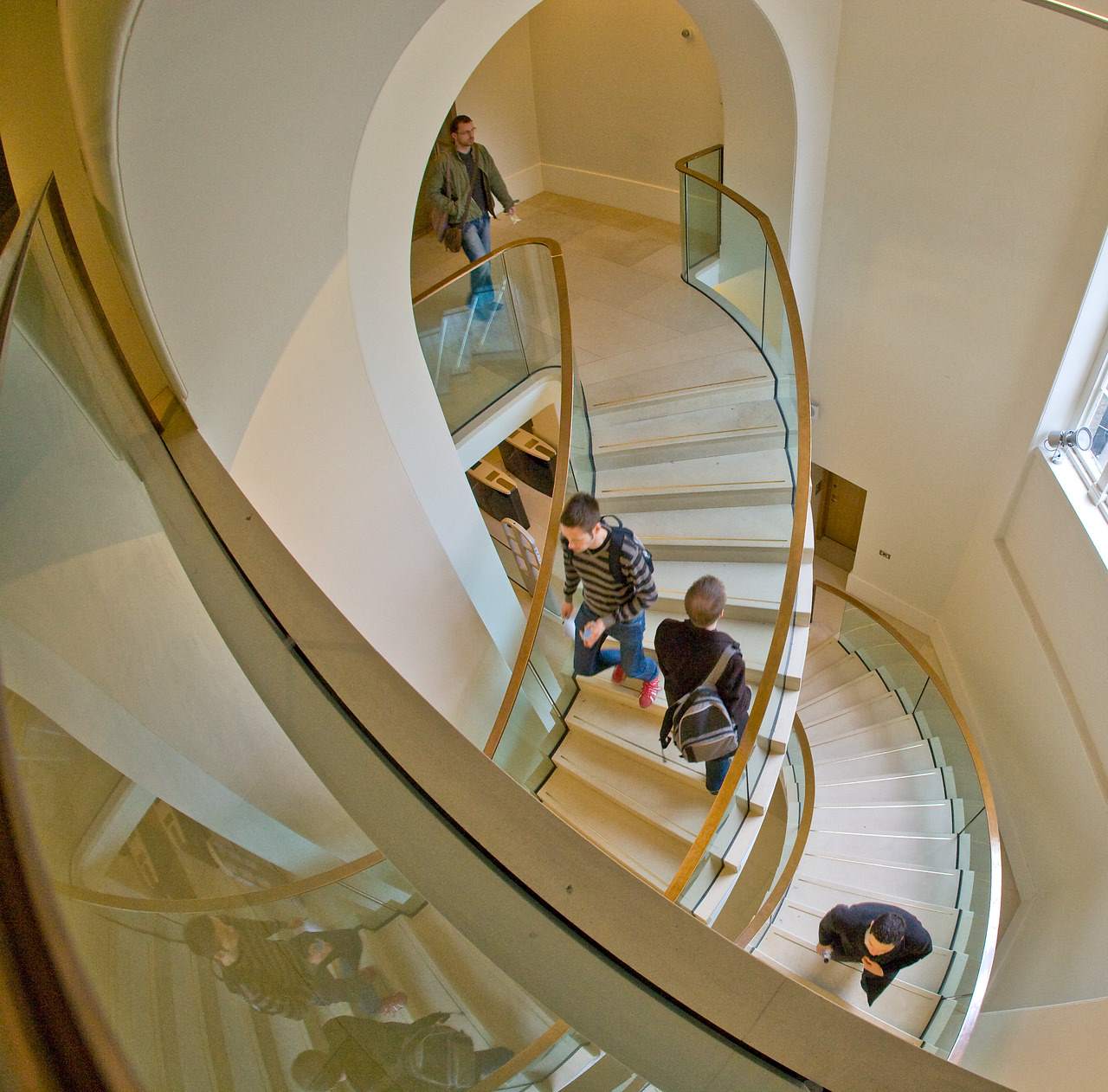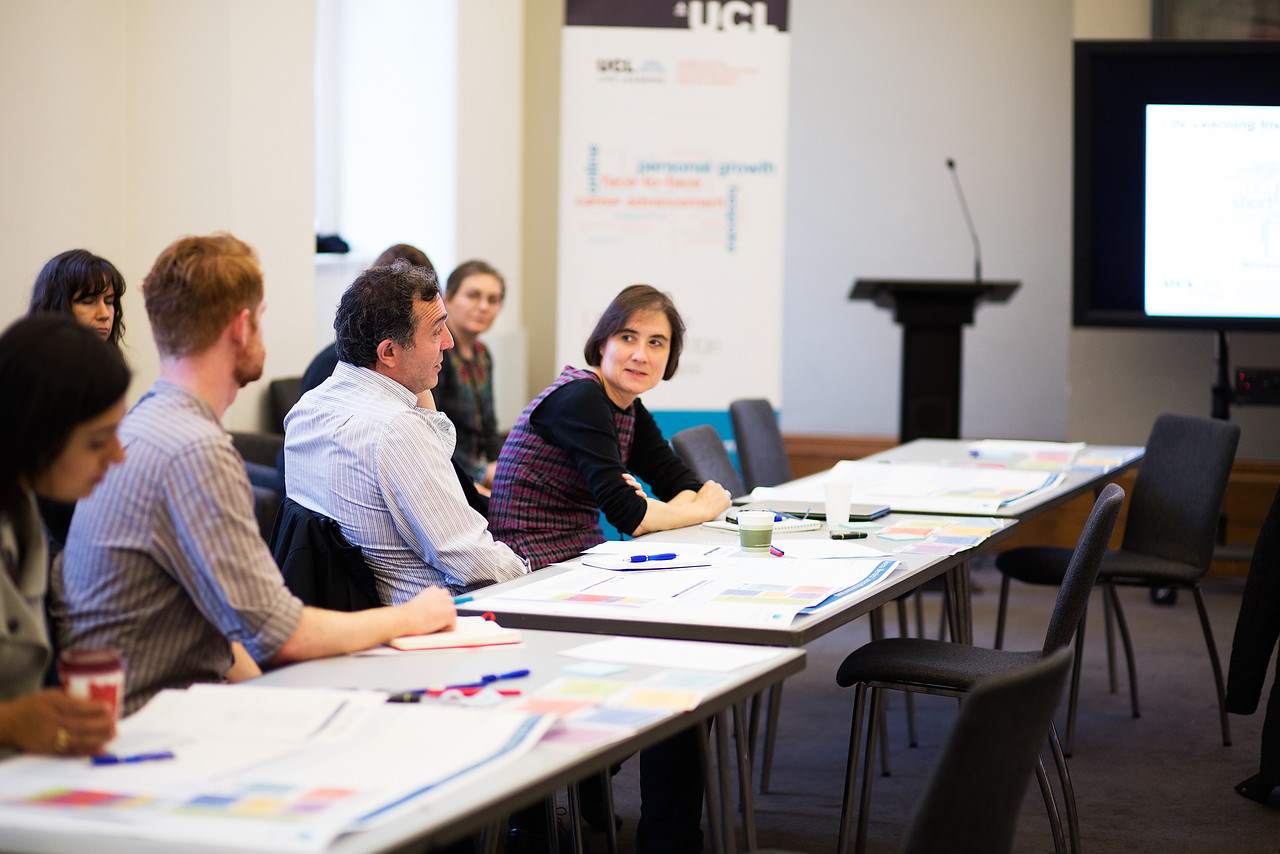Alternative, emerging and cross-border higher education provision and its relationship with mainstream provision

The aim of this project was to trace the global-national-local dimensions of contemporary UK higher education, its alternative, emerging and offshore provision, and the relationships of this provision to mainstream higher education.
About this project
The forms taken by expanded systems of higher education have been a central concern of historical and comparative study as well as policy thinking and decision-making.
The shift to mass-universal levels of participation, the internationalisation and liberalisation of higher education markets, and the global-local reach of courses and institutions have variously stretched, blurred or undermined the boundaries of national systems.
These same processes have brought into view previously hidden, displaced or marginal zones, especially in public university-based systems where the long-standing contributions of private providers, vocational institutes or distance and correspondence colleges might not be considered or counted as parts of mainstream higher education.
The example of the UK – and especially England – is a powerful case in point where the boundaries of the national system have conventionally been drawn around the undergraduate and postgraduate programmes taught on the home campuses of the large multi-faculty multipurpose ‘public’ universities.
Outside this ‘mainstream’ core is a range of ‘alternative’ provision leading to higher education qualifications and credits awarded by UK authorities and offered offshore by partner institutions or branch campuses or distance/online providers, by privately funded providers and by further education colleges. These alternative segments and spheres represent the distributed zones of public-private and global-local UK and English higher education. Only in recent years have attempts been made to understand the nature, scale and scope of these activities and their dynamics.
The goal was to assemble, for the first time, a comprehensive picture of UK higher education as undertaken by students across tertiary sectors, across national borders and within online environments. A second objective is to chart the emerging forms taken by alternative provision and to examine its relationships with mainstream higher education (and with other forms and styles of alternative provision).
This project has implications both for the UK higher education sector, and international researchers concerned with alternative providers of higher education.
Project methods
The research was largely empirical in nature, organised in two phases.
The first was devoted to producing a comprehensive cross-sectional statistical picture of UK higher education in all its settings and modes. In addition to tracing its local-global dimensions, the combined dataset was analysed to create course and student profiles of individual institutions.
The second, using case studies of the organisational configuration of UK-based institutions, described the positional and relational dynamics of higher education.
Using a mixed-methods approach, the project accessed existing and new administrative datasets on the private, college and offshore parts of UK higher education. Compared to the mainstream sector of higher education, the coverage of alternative provision in the HESA aggregate offshore record is:
- recent (from 2007/08) and problematic in some of its categories (Mellors-Bourne 2014);
- more recent again in the HESA alternative provider student record (from 2014/15) and restricted to students on courses designated for student support purposes;
- complex in the case of further education colleges in England where directly funded prescribed higher education is reported in the individualised learner record of the SFA (and predecessor bodies), indirectly funded higher education courses are identified in the HESA record, and non-prescribed higher education is reported in both records (Parry et al 2012, Saraswat et al 2014).
A survey of private providers in the UK updated and extended previous surveys undertaken in 2012 (Hughes et al 2013) and 2014. As appropriate, the case studies were selected to complement those featured in Project 3.4 The transformative potential of MOOCs and contrasting online pedagogies.
Within each case study, documentary and interview studies traced the history and pattern of global-local engagements and the directions and meanings of change, including their intersections, overlaps and tensions.
Team
Publications
CGHE working papers
- Private providers of higher education in the UK: Mapping the terrain (CGHE Working Paper 47, Stephen Hunt and Vikki Boliver, April 2019)
Additional publications
- Hunt, S.A. Boliver, V. (accepted pending revisions, 2020). Private providers and market exit in UK higher education’. Higher Education.
- Hunt, S.A. (accepted, 2020). A history of correspondence education in the UK. History of Education.
- Hunt, S.A. and Boliver, V. (2020). The new market sector: Can subsidised private colleges break into the UK mainstream? In Changing Higher Education for a Changing World, ed. C. Callender, W. Locke, S. Marginson. London: Bloomsbury.
- Hunt, S.A. and Boliver, V. (2019) Private higher education in the United Kingdom. International Higher Education, No. 98, pp. 18-20.
- The entry and experience of private providers of higher education in six countries
CGHE Special Report, 2016





